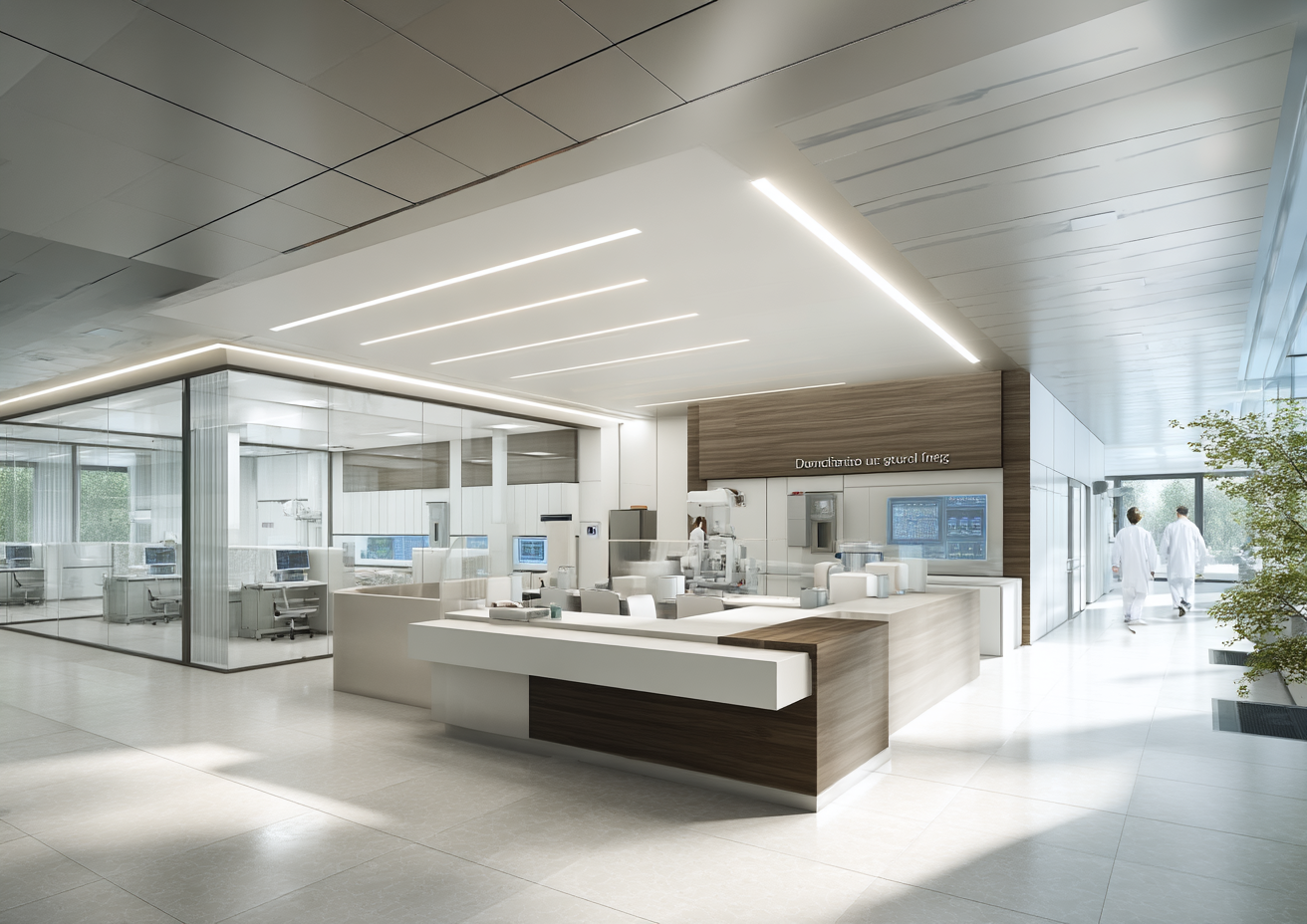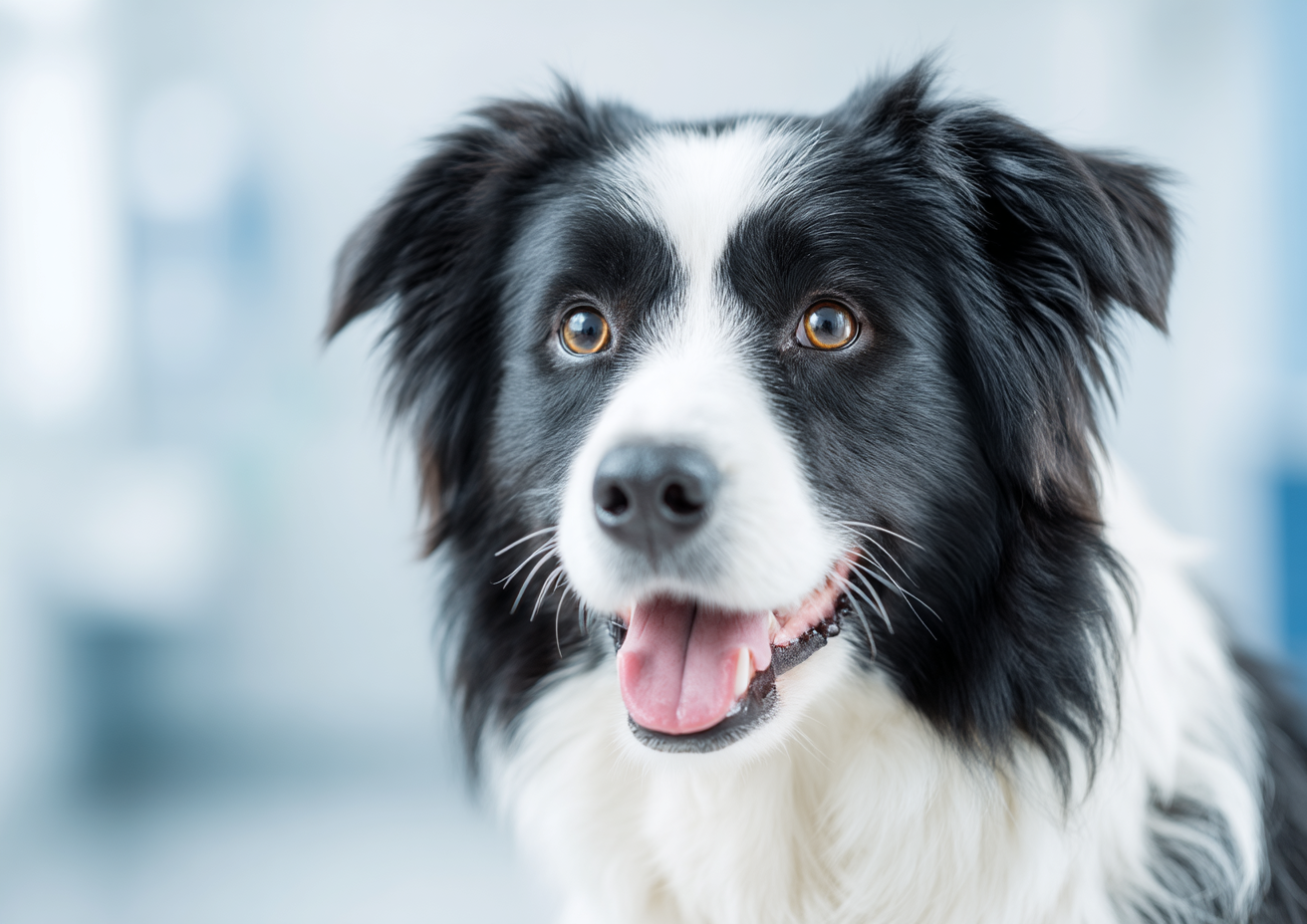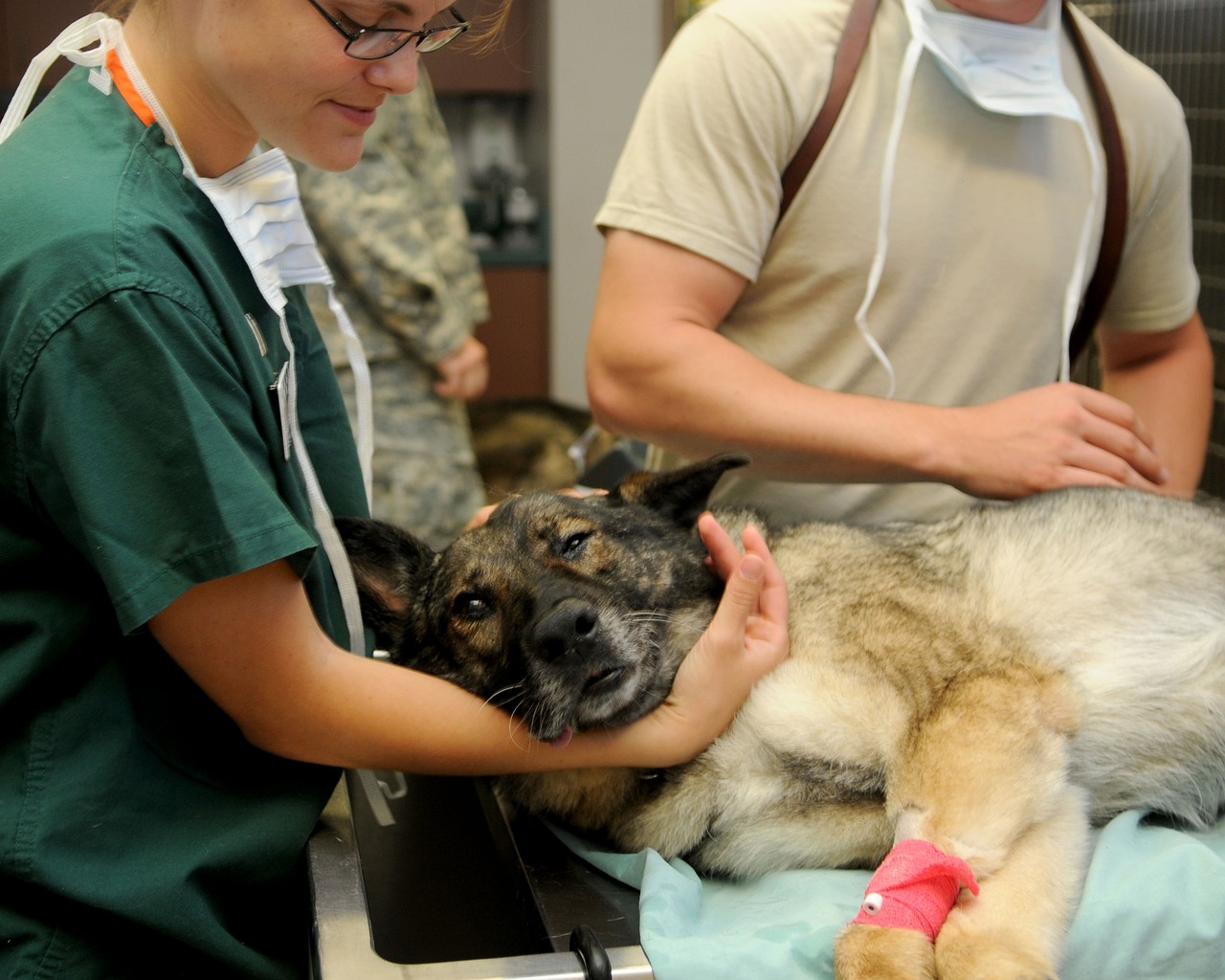Dental health is one of the fastest-growing areas in veterinary medicine. More than 80% of dogs and 70% of cats develop dental disease by age three, yet most general practices cannot manage complex dental cases in-house. This leads to painful conditions in pets, frustrated clients, and lost revenue for hospitals. Hiring a veterinary dentist or veterinary dental specialist allows hospitals to address this need directly, improving patient outcomes, retaining clients, and expanding service lines.
Pulivarthi Group is a specialized veterinary dental staffing agency, connecting hospitals with skilled dental surgeons, board-certified specialists, and dental-trained technicians. Whether you’re seeking locum veterinary dentist staffing for specific procedure blocks, temporary coverage during seasonal demand, or permanent hires to establish a dental department, our veterinary dentistry staffing solutions are tailored to your needs. By partnering with a dedicated veterinary dental employment agency, you secure talent that not only delivers advanced care but also integrates seamlessly into your hospital culture.
Why hire a Veterinary Dentist
Dental disease is not only common but also directly linked to systemic health problems in pets, including heart, kidney, and liver disease. By hiring a veterinary dentist, hospitals gain the ability to diagnose, treat, and prevent these issues effectively. Clients increasingly demand advanced dental services, from extractions to periodontal therapies, and they are more likely to remain loyal to clinics that provide comprehensive care under one roof.
Financially, dental procedures represent significant revenue opportunities. From dental radiographs and extractions to oral surgeries, each procedure generates income while also reinforcing client trust. Without in-house dental expertise, hospitals must refer cases, leading to referral leakage and lost revenue. Furthermore, urgent dental conditions, such as fractured teeth or abscesses, often require same-day intervention—having a dental specialist on staff ensures pets receive timely, competent care.
Hiring a veterinary dentist also protects staff. General practitioners often lack advanced training in dentistry, leading to longer procedure times, inconsistent results, or increased stress. A dedicated dental specialist streamlines workflows, enhances outcomes, and supports team confidence. Ultimately, hiring a veterinary dentist elevates the standard of care, strengthens client loyalty, and grows hospital revenue.
Benefits of hiring a Veterinary Dentist include:
-
Improved patient outcomes through advanced dental care.
-
Reduced referral leakage and revenue loss.
-
Faster, more efficient dental procedures.
-
Stronger client loyalty and satisfaction.
-
Enhanced staff confidence and skill utilization.
Types of Veterinary Dental Roles
Veterinary dental roles vary depending on hospital needs, case volume, and strategic goals. Some clinics require general veterinary dentists, skilled in routine dental procedures such as prophylaxis, extractions, and radiographic interpretation. Others need board-certified veterinary dental specialists (DAVDC), trained to perform advanced surgeries including jaw fracture repairs, endodontics, orthodontics, and prosthodontics.
For flexible coverage, locum veterinary dentists provide short-term support, managing high-volume dental months or covering staff absences. Temporary dental veterinarians are ideal for hospitals running promotional dental campaigns or addressing seasonal spikes in demand. For maximum flexibility, contingent veterinary dentist staffing offers shift-based or project-based solutions, useful for specific surgical days or equipment-heavy procedures.
Additionally, veterinary dental surgeons bring surgical expertise to advanced cases, reducing the need for referrals. Support staff are equally important: dental technicians trained in anesthesia monitoring, dental radiography, and client education improve efficiency and patient outcomes.
Key role types include:
-
General Veterinary Dentist
-
Board-Certified Veterinary Dental Specialist (DAVDC)
-
Veterinary Dental Surgeon
-
Relief / Locum Veterinary Dentist
-
Temporary or Contingent Dental Veterinarian
-
Veterinary Dental Technician
Pulivarthi Group Veterinary Dental Staffing Services
Staffing dental roles requires precision. Not every veterinarian is comfortable or efficient in dentistry, making recruitment for these positions especially challenging. Pulivarthi Group addresses this with specialized veterinary dental staffing solutions. Our process identifies, vets, and delivers candidates who bring both technical expertise and strong communication skills.
For practices seeking to establish long-term dental services, our permanent veterinary dentist staffing ensures stability and continuity. For short-term needs, such as dental awareness months or staff leave, our temporary veterinary dentist staffing provides predictable coverage. Locum veterinary dentist staffing is available for hospitals requiring specific surgical blocks or rapid support. Contingent staffing allows hospitals to scale services without overcommitting financially, offering flexibility for high-demand days.
We also support veterinary dental technician staffing, ensuring that specialists have trained staff to manage anesthesia, radiography, and client communication. For advanced leadership roles, our executive dental recruitment service discreetly sources specialists capable of building dental departments, mentoring teams, and leading service-line growth.
Our staffing services include:
-
Permanent Veterinary Dentist Staffing
-
Temporary Veterinary Dentist Staffing
-
Locum Veterinary Dentist Staffing
-
Contingent Veterinary Dentist Staffing
-
Veterinary Dental Technician Staffing
-
Executive & Senior Dental Recruitment
Where Employers Find Veterinary Dentists
Recruiting veterinary dentists is often more complex than sourcing GPs or ER veterinarians. General job boards may attract applicants, but few have advanced dental training. Veterinary schools and specialty residencies provide a direct pipeline for new board-certified specialists, though competition is fierce. Professional networks like the American Veterinary Dental College (AVDC) (avdc.org) and continuing education programs are excellent channels for connecting with dental talent.
However, these traditional routes are slow and uncertain. Employers who need immediate coverage benefit most from working with a veterinary dental recruitment agency like Pulivarthi Group. By maintaining an active pool of dental specialists, surgeons, and technicians, we reduce vacancy windows and eliminate the inefficiency of sifting through unqualified candidates. Our proactive approach ensures your hospital connects quickly with professionals who match both your clinical needs and your practice culture.
Sourcing channels include:
-
Specialized staffing agencies (Pulivarthi Group)
-
AVDC and dental residency programs
-
Professional CE networks and associations
-
General veterinary job boards
Hiring Challenges and Solutions
Staffing veterinary dentists comes with unique challenges. The first is scarcity—board-certified specialists are in high demand and limited supply. This creates intense competition, requiring employers to offer attractive compensation and flexible schedules. Another challenge is assessing real clinical skill. Dentistry requires fine motor skills, precision, and familiarity with advanced equipment. Employers can address this by requesting case portfolios, reviewing radiograph logs, or arranging working interviews.
Culture fit is another concern. Dental teams must work closely with technicians, anesthetists, and general practitioners. Misalignment often manifests as scheduling conflicts, procedural inefficiencies, or miscommunication with clients. Peer interviews and technician feedback are essential during recruitment. Finally, turnover risk looms large if dentists are expected to carry unrealistic caseloads without adequate technician support. Mitigating this requires predictable schedules, investment in dental equipment, and professional growth opportunities.
Common challenges include:
-
Limited talent pool of dental specialists.
-
Evaluating fine procedural skill effectively.
-
Ensuring technician collaboration and culture fit.
-
Preventing turnover from workload imbalance.
For professional guidelines, see the AVDC resources: avdc.org.
Qualifications and Licensing Checklist
Veterinary dentists must hold all standard veterinary qualifications plus specialized training in dentistry. At minimum, candidates require a DVM or VMD degree and successful completion of the NAVLE. An active state veterinary license is mandatory. DEA registration is required for handling controlled substances, commonly used in anesthesia and pain management.
For advanced roles, board certification through the American Veterinary Dental College (AVDC) is highly valuable, signifying expertise in advanced dental procedures. Employers should also confirm liability insurance, OSHA compliance, and continuing education in dental medicine. For hospitals aiming to expand dental service lines, candidates with experience in advanced imaging, oral surgery, and orthodontics are particularly valuable.
Qualifications include:
-
DVM/VMD and NAVLE passage.
-
Active state licensure.
-
DEA registration.
-
Liability insurance and OSHA compliance.
-
AVDC board eligibility or certification (for specialists).
-
CE in dentistry, radiography, and anesthesia.
Sample Veterinary Dentist Job Description
A well-structured job description is key to attracting top dental talent. Unlike general practitioners, veterinary dentists focus on oral health, requiring advanced skills, equipment familiarity, and strong client communication. Your job description should be detailed enough to highlight clinical expectations, case mix, and team dynamics, while remaining engaging and approachable.
Role Summary
We are seeking a Veterinary Dentist to deliver comprehensive oral healthcare services, including diagnostics, extractions, periodontal therapy, and advanced oral surgeries. The candidate will collaborate with general practitioners and technicians to ensure optimal patient outcomes and client satisfaction.
Key Responsibilities
-
Perform dental exams, extractions, and periodontal treatments.
-
Interpret dental radiographs and develop treatment plans.
-
Conduct advanced oral surgeries, including jaw fracture repair.
-
Educate clients on preventive dental care and follow-up treatment.
-
Collaborate with technicians on anesthesia and patient monitoring.
-
Maintain complete and timely medical records.
Qualifications
-
DVM/VMD and NAVLE passage.
-
Active state veterinary license and DEA registration.
-
Advanced training or AVDC board certification preferred.
-
Strong surgical, diagnostic, and communication skills.
For writing guidance, consult the AVMA hiring resources (avma.org).
Sample Interview Questions for Veterinary Dentists
Interviewing veterinary dentists requires a mix of clinical and behavioral questions. Employers must assess both technical expertise and the ability to educate clients about complex dental procedures.
Examples include:
-
Describe your approach to managing a fractured canine tooth. Which diagnostics and treatments would you prioritize?
-
Tell me about a case where client expectations didn’t match the clinical reality. How did you handle the conversation?
-
Which dental procedures do you feel most confident performing independently?
-
How do you approach anesthesia protocols for high-risk dental patients?
-
What recent CE training has most influenced your dentistry practice?
-
How do you collaborate with technicians to optimize dental workflows?
These questions reveal not only technical knowledge but also communication style and cultural alignment. For additional insights, review VECCS resources on urgent and dental care collaboration (veccs.org).
When to Hire a Veterinary Dentist
The right time to hire a veterinary dentist often becomes clear when hospitals face consistent case leakage. If you regularly refer out dental extractions, oral surgeries, or advanced radiographic cases, you are losing both revenue and client loyalty. Client demand is another key driver—pet owners increasingly request in-house dental services, and practices that cannot deliver risk frustration and attrition.
Staff well-being also signals the need. General practitioners who feel pressured to perform complex dental procedures without sufficient training may become frustrated, leading to errors, inefficiencies, or burnout. Additionally, practices expanding into specialty services or opening new hospital wings should consider dedicated dental staff to build sustainable growth.
Key triggers include:
-
Rising client demand for advanced dental services.
-
High levels of referral leakage.
-
General practitioners overwhelmed by dental cases.
-
Strategic expansion into specialty or referral-level care.
-
Growing awareness of dental health’s systemic impact.
For prevalence data on dental disease, see American Veterinary Dental College (AVDC) (avdc.org).
How to Evaluate Veterinary Dentist Skills
Evaluation requires assessing both technical and interpersonal competencies. Dentistry involves delicate motor skills, precise diagnostics, and effective collaboration with support staff. Employers should use working interviews, observing how candidates perform common procedures such as extractions, scaling, or radiograph interpretation.
Requesting case portfolios or procedure logs is another valuable method. Reviewing past surgeries, imaging results, and treatment outcomes provides insight into experience and consistency. Simulation exercises can replicate complex cases, such as fractured jaws or endodontic treatments, to evaluate problem-solving ability.
Equally important is feedback from technicians. Because dentistry is highly team-oriented, input from anesthetists and dental technicians helps identify collaboration strengths or weaknesses. Finally, cultural alignment is vital—dentists must be able to communicate clearly with clients about treatment options, costs, and long-term preventive care.
Evaluation methods include:
-
Structured working interviews.
-
Review of case portfolios and radiographs.
-
Simulation scenarios for advanced cases.
-
Peer and technician feedback.
-
Client communication role-play exercises.
For credentialing and licensure checks, see the American Association of Veterinary State Boards (AAVSB) (aavsb.org).
Compensation and Rewards for Veterinary Dentists
Veterinary dentists typically command higher salaries than general practitioners due to their specialized skill set and the revenue their services generate. Compensation often includes a base salary plus production incentives, allowing specialists to benefit from high procedure volume. Practices in metropolitan areas or referral centers may also offer relocation packages or signing bonuses to attract board-certified specialists.
Beyond salary, comprehensive benefits are key. These should include continuing education (CE) allowances, coverage for AVDC dues, and reimbursement for licensure and DEA fees. Health and wellness programs, mental health support, and predictable scheduling further reduce burnout risk.
Transparent compensation structures are essential in competitive markets. Hospitals that clearly communicate pay models and provide professional growth opportunities see lower turnover and higher job satisfaction.
Typical compensation includes:
-
Base salary plus production pay.
-
CE and AVDC membership reimbursement.
-
Licensure and DEA fee coverage.
-
Health and wellness benefits.
-
Sign-on and relocation bonuses.
For salary benchmarks, review AVMA market data reports (avma.org/resources-tools/reports).
SOPs Worth Formalizing in Veterinary Dentistry
Dental departments must operate under consistent Standard Operating Procedures (SOPs) to ensure efficiency and safety. A critical SOP is anesthesia protocols—since dental cases often involve lengthy anesthesia, detailed monitoring standards must be enforced.
Radiographic protocols are another priority, ensuring all dental procedures are supported by imaging. SOPs should also define instrument sterilization procedures, infection control, and postoperative care standards. Client communication protocols—such as pre-op cost estimates and post-op discharge instructions—create consistency and improve satisfaction.
Controlled substance management is also essential. Many dental procedures involve pain management, requiring compliance with DEA standards (deadiversion.usdoj.gov).
Important SOPs include:
-
Anesthesia monitoring and safety standards.
-
Radiographic imaging protocols.
-
Instrument cleaning and sterilization.
-
Client communication templates.
-
Controlled substance management.
Retention Strategies for Veterinary Dentists
Given the competitive market for dental specialists, retention strategies are crucial. One of the most effective is predictable scheduling. Offering dedicated dental procedure days allows dentists to work efficiently with full technician support.
Professional development is another powerful tool. Supporting AVDC diplomate pathways, CE conferences, and advanced training ensures dentists remain engaged and see long-term career potential. Recognition is also critical—celebrating successful complex cases and providing regular feedback boosts morale.
Employers should also ensure strong technician support and investment in dental equipment. Outdated tools or insufficient staff frustrate dental veterinarians and slow procedures. By creating a supportive environment, employers can retain specialists who elevate hospital standards and drive revenue growth.
Effective retention strategies include:
-
Predictable dental scheduling.
-
CE and AVDC support.
-
Recognition programs.
-
Strong technician staffing.
-
Investment in modern equipment.
How Pulivarthi Group Delivers Veterinary Dental Staffing
Pulivarthi Group is a trusted veterinary dental recruitment agency specializing in connecting employers with dentists, specialists, and technicians. Our process begins with detailed intake, aligning with your hospital’s service goals, case mix, and cultural environment.
We then conduct targeted sourcing through professional networks, AVDC contacts, and passive candidate outreach. Each candidate undergoes rigorous screening for clinical skill, licensure compliance, and communication style. Instead of long lists, we provide shortlists of qualified candidates ready to contribute.
We coordinate interviews, working trials, and credential verification, managing logistics from start to onboarding. Post-placement, we track performance, gather feedback, and refine requisitions to continuously improve outcomes. Whether you need locum dental veterinarians, temporary coverage, or a permanent board-certified specialist, Pulivarthi Group delivers staffing solutions that build capacity and client trust.
Ready to Hire a Veterinary Dentist?
Dental care is no longer optional—it is a cornerstone of comprehensive veterinary medicine. By hiring a veterinary dentist, your hospital elevates patient outcomes, retains revenue, and builds long-term client loyalty. With Pulivarthi Group as your veterinary dental employment agency, you gain access to pre-vetted candidates across permanent, temporary, locum, and contingent models.
Don’t let referral leakage or unmet client demand hold your practice back. Book a meeting with Pulivarthi Group today and receive a customized shortlist of candidates prepared to transform your hospital’s dental service line.













